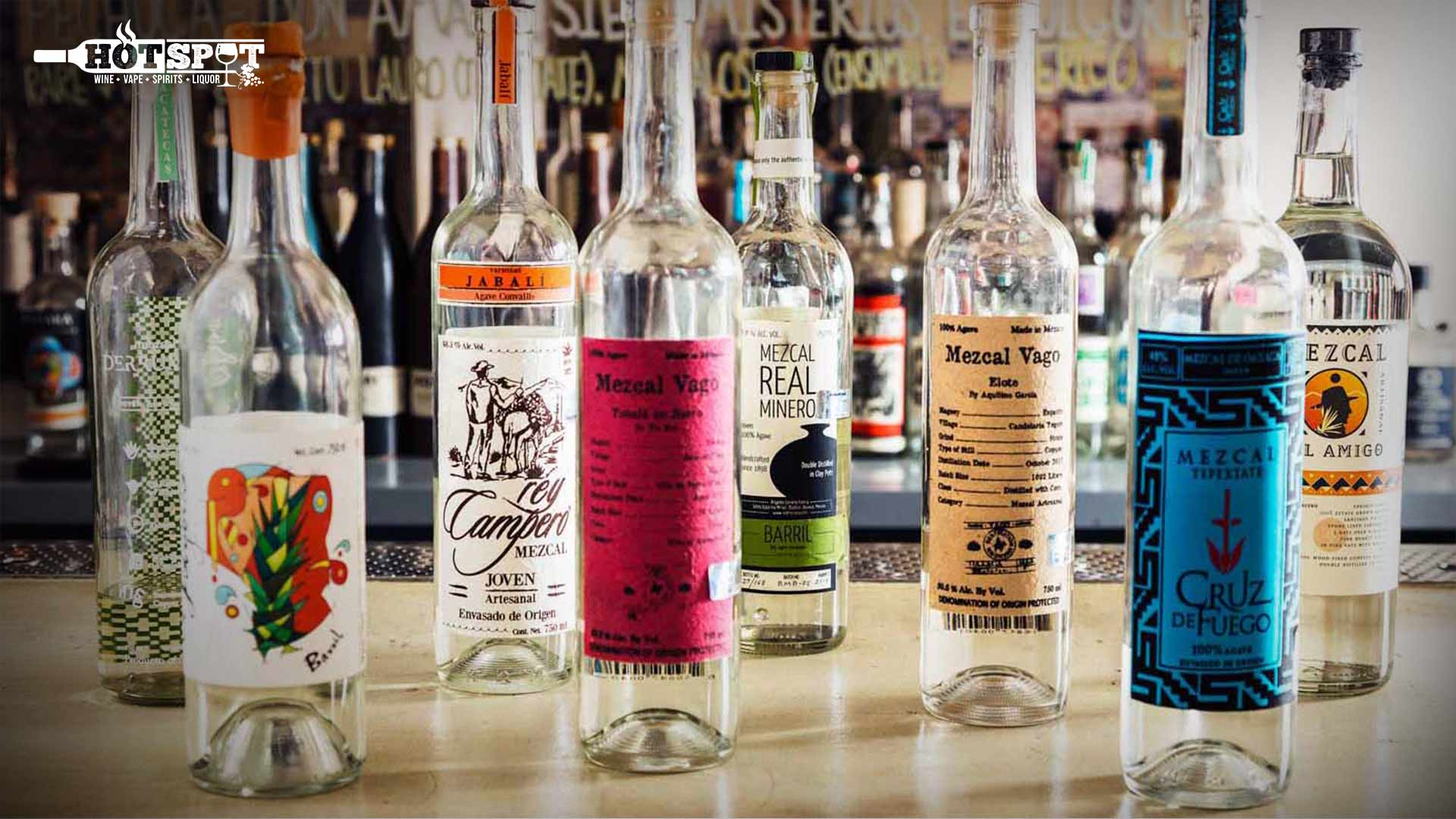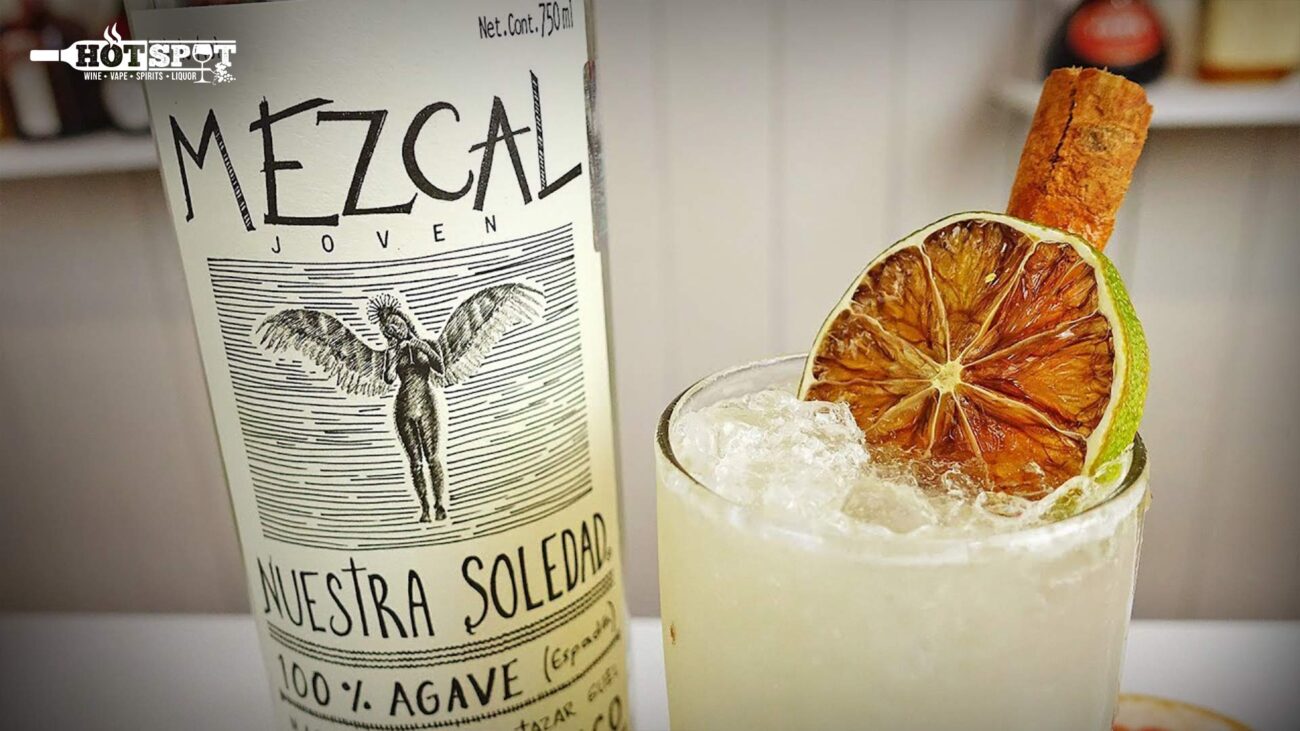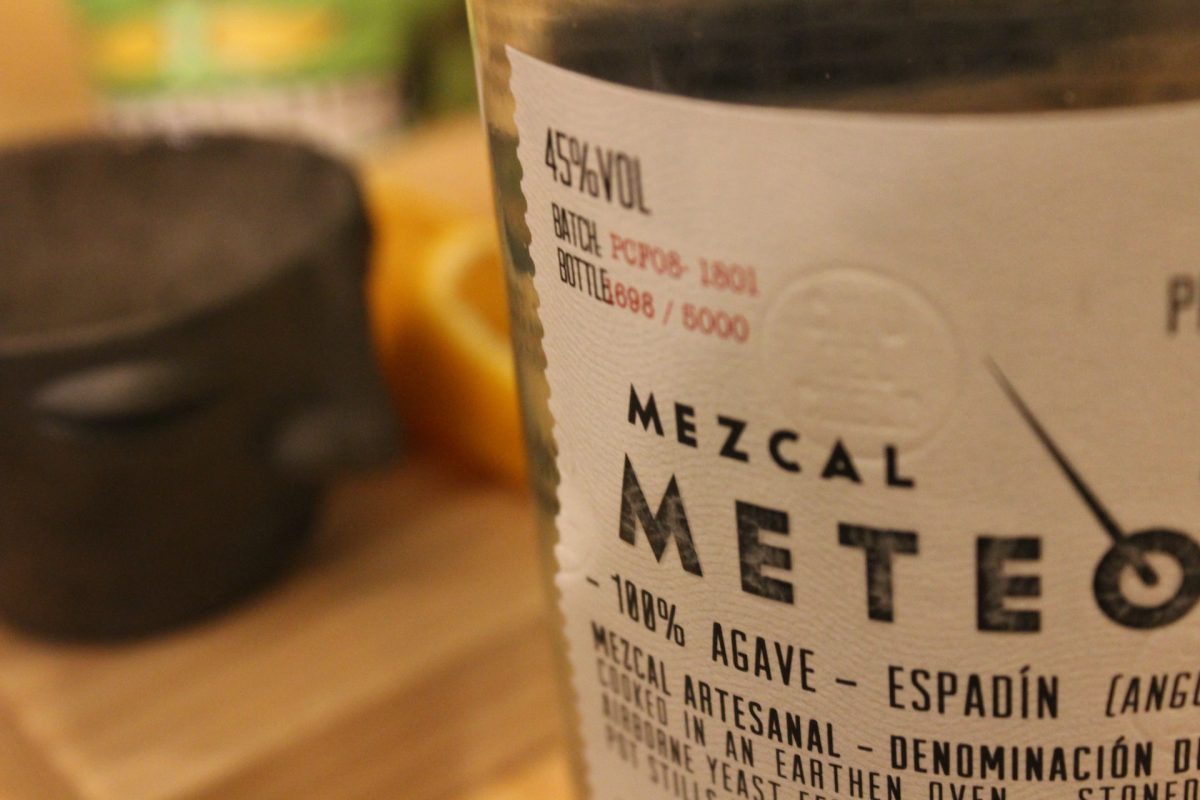Regarding agave-based beverages, two of the most interesting choices are mezcal and tequila. Both have strong Mexican cultural roots and provide unique taste sensations that might improve any drink or consume straight-forward.
Although they sometimes mix up one another, this raises issues what’s the difference between tequila and mezcal. We will go over the differences between these two spirits, their production techniques, flavor profiles, and how best to pick which one suits your taste choices in this blog.
1. Geographic Locations and Origin
Though they come from Mexico, tequila and mezcal have separate production sites and come from various regions.
Apart from numerous sections of the states of, Michoacán, Nayarit, and Tamaulipas, Tequila is just preparing in the region around the town of Tequila in the state of Jaloco. It has to be made from blue agave (Agave tequilana Weber Blue), a sweet, smooth taste.
Besides, Mezcal can be found in numerous parts of Mexico, including Oaxaca, Durango, and a few other parts of Mexico. Its many taste range is a result of the several agave species that are used in its making. Mezcal, unlike tequila, spans species including Espadín, Tobala, and many more in addition to blue agave.
2. Production Methods
To know what’s the difference between tequila and mezcal? the most obvious ones are in the tequila and mezcal production methods.
Tequila manufacture:
Usually around seven to ten years old, blue agave plants are first harvested. Cut removed from the leaves, the agave’s heart is called the piña.
Cooking: Industrial autoclaves or ovens steam the piñas next door. This technique preserves a consistent taste by helping to keep cleanliness.
Cooking the piñas shreds them, and the juice is fermented usually using commercial yeast strains.
Two copper or stainless steel stills are used for distillation of the fermenting juice.
Aging: The type of tequila will affect whether oak barrels are used in aging. While Reposado and Añejo tequilas are mature for differing times, Blanco tequila is unaged.
Mezcal Production
Mezcal output begins similarly, with the harvesting of several agave varieties.
Cooking: Mezcal differs itself with its agave cooking technique, a traditional one. The piñas have a distinct smokey taste because they are roasted in subterranean pits surrounded by hot rocks.
After roasting, the agave is crushed—often with a unique stone mill (tahona)—then the juice is naturally fermented with wild yeasts.
Usually, Mezcal is distilled twice in copper or clay stills. Clay still helps to gather its unusual, earthy tones even more.
Aging: Mezcal, like tequila, can be aged, although it’s usually consumed young to keep its unique smokey taste.
3. Taste Sensations
Production techniques and the kinds of agave employed define the taste sensations of tequila and mezcal and make it clear what’s the difference between tequila and mezcal.
Usually, tequila tastes more cleanly and smoothly. Based on its age, tequila can be rich and full of flavors of vanilla and caramel in mature variants or brilliant and zesty in Blanco. Part of its sweeter, more subdued taste is the blue agave.
There is a unique smokiness from roasting that ranges from moderate to strong. Using several agave species adds complexity; some mezcals have notes of tropical fruit, herbs, or even a little bitterness.
Varieties and Forms
Both spirits come in several forms that satisfy diverse tastes and preferences.
Kinds of Tequila:
Blanco (Silver): Unaged and bottled straight following distillation or aged less than two months. It tastes cleanly and brilliantly.
Reposado: Oak barrel aged two months to one year. With traces of vanilla and spice, its taste is smoother and more rounded.
Añejo: One to three years aged. Deeper oak and caramel aromas give a fuller, more sophisticated flavor.
Aged for more than three years, this kind offers the maximum depth and elegance.
Mezcal Types:
Young, Joven: Retains the raw, smokey quality unaged and bottled straight following distillation.
Reposado: Developed in hardwood barrels for a few months to a year, it gains a smoother texture with more complex tastes.
Like tequila, aged for at least a year, this has a rich, sophisticated character with strong smokey and woodsy flavors.
Extra Anjo: rare and very old, with great taste depth.
Selecting the Correct Spirits
Choose tequila or mezcal based on your taste choices and intended method of enjoyment of the liquor.
For a simple, clean taste, tequila is best. Its smooth, somewhat sweet taste makes it ideal for drinking or blending in margaritas.
Mezcal is the pick for a robust, rich taste. Perfect for sipping plain or in cocktails that call for a strong, unique flavor, such as a Mezcal Margarita or an Oaxaca Old-Fashioned, are its smoky, earthy overtones.
Final Words
However, both tequila and mezcal come from the agave plant, their diverse manufacturing techniques, regional roots, and flavor profiles provide what’s the difference between tequila and mezcal. Celebrated for its smooth, pure taste, tequila is prepared mostly from blue agave and grown in particular parts of Mexico.
Its heating and distillation methods produce a spirit typically good for its clarity and rich sweetness. Mezcal, on the other hand, gains from a more varied variety of agave species and ancient production techniques include roasting in earthen pits, which gives a unique smokey taste. For those looking for a stronger, more complex earthy flavor, this diversity in agave and the handcraft method to its production appeal.
Moreover, to find the best samples of these spirits, The Hotspot Liquor is one of the top sources. The well-chosen quality of both tequila and mezcal clearly shows their dedication to excellence. Hotspot Liquor guarantees that every bottle reflects the actual nature of its particular spirit by working with reliable producers that follow strict guidelines.
The Hotspot Liquor presents unmatched options that appeal to both experts and enthusiasts, whether your taste is for the robust, smoky complexity of an outstanding mezcal or the seamless grace of a top-tier tequila. Their knowledge and commitment to quality make them the preferred source for savoring these amazing agave spirits at their best.



